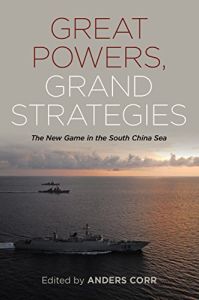
Great Powers, Grand Strategies
The New Game in the South China Sea
Recommendation
The South China Sea is a body of water that’s of little concern to most Westerners – but that could change. As this study explains, the South China Sea is both a crucial shipping lane and the stage for rising tensions between China and its neighbors. In particular, it’s a place for the high-stakes rivalry between Beijing and Washington to play out. If China and the United States ever go to war, the hostilities might begin in the South China Sea. This collection of essays makes no attempt to hide its bias. Many of the authors are former US military officers, and there are no pro-Chinese voices to be found – although, in fairness, it’s difficult to imagine a credible case for Beijing’s bullying approach in the South China Sea. This collection also suffers from another obvious shortcoming: its essays cover the same territory. While each contributor brings legitimate expertise and useful insight, readers will likely become weary of author after author making similar points. getAbstract recommends this elucidating book as a companion to other studies, such as Bill Hayton’s The South China Sea.
Summary
About the Author
Anders Corr holds a doctorate in government from Harvard University. He spent five years working in military intelligence, including at US Pacific Command Headquarters.








Comment on this summary